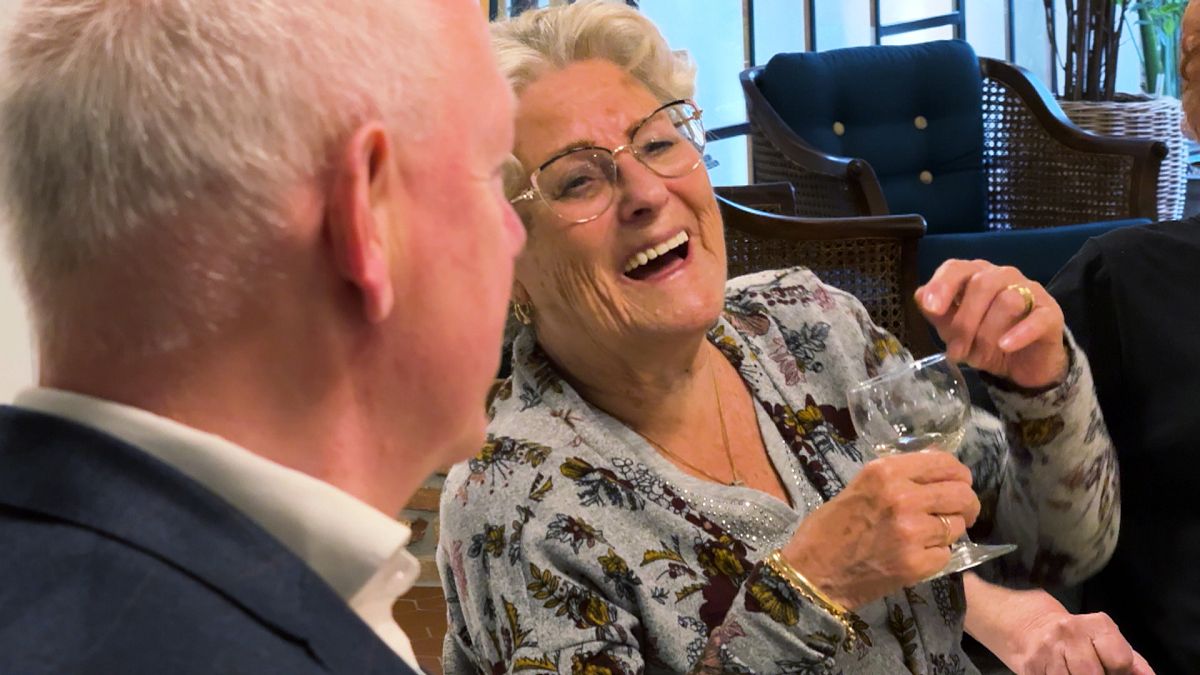The Netherlands is known for having one of the best care systems for the elderly but is faced with challenges due to its rapidly growing aging population and a shortage of qualified staff. The country spends a high amount on care, yet there is still a need for tens of thousands of nurses. To address these issues, reforms and innovations have been ongoing since 2006.
One innovative solution to the shortage of care workers in the Netherlands is Buurtzorg, one of the largest home-care providers in the country. Founded in 2007 by a group of five careworkers, Buurtzorg focuses on self-management, reducing distances between those in need of care, and flexibility. With small teams and no managers, Buurtzorg has seen a 30% reduction in costs, making it an attractive model for other countries to follow.
Another key aspect of the Dutch care system’s success is networking, as seen in the concept of precautionary care circles in neighborhoods like Brandevoort. These volunteer groups help elderly residents with practical tasks and provide social support. By connecting communities and relieving care and social services, the care circle concept is valued for its human touch and community spirit.
Innovative housing arrangements, such as the Liv-Inn in Hilversum, also play a role in addressing the challenges of an aging population in the Netherlands. This diverse community houses elderly and students together, fostering a sense of solidarity and shared diversity. The Liv-Inn model not only promotes social interaction and active engagement among residents but also helps alleviate the country’s housing crisis by providing affordable and communal living spaces.
With the number of elderly in the Netherlands set to nearly double by 2040, solutions like Liv-Inn and other mixed-use housing complexes managed by organizations like Habion are becoming increasingly important. By mixing young and old residents in vibrant communities, these innovative housing models promote aging in place while building bridges between generations and fostering a sense of shared community responsibility.
Overall, the Netherlands’ approach to elderly care is a blend of innovative solutions, community support, and cost-effective models that address the challenges posed by an aging population and a shortage of care workers. By focusing on self-management, community networking, and diverse housing options, the Dutch care system is paving the way for a sustainable and inclusive approach to elderly care that benefits both individuals and society as a whole.











